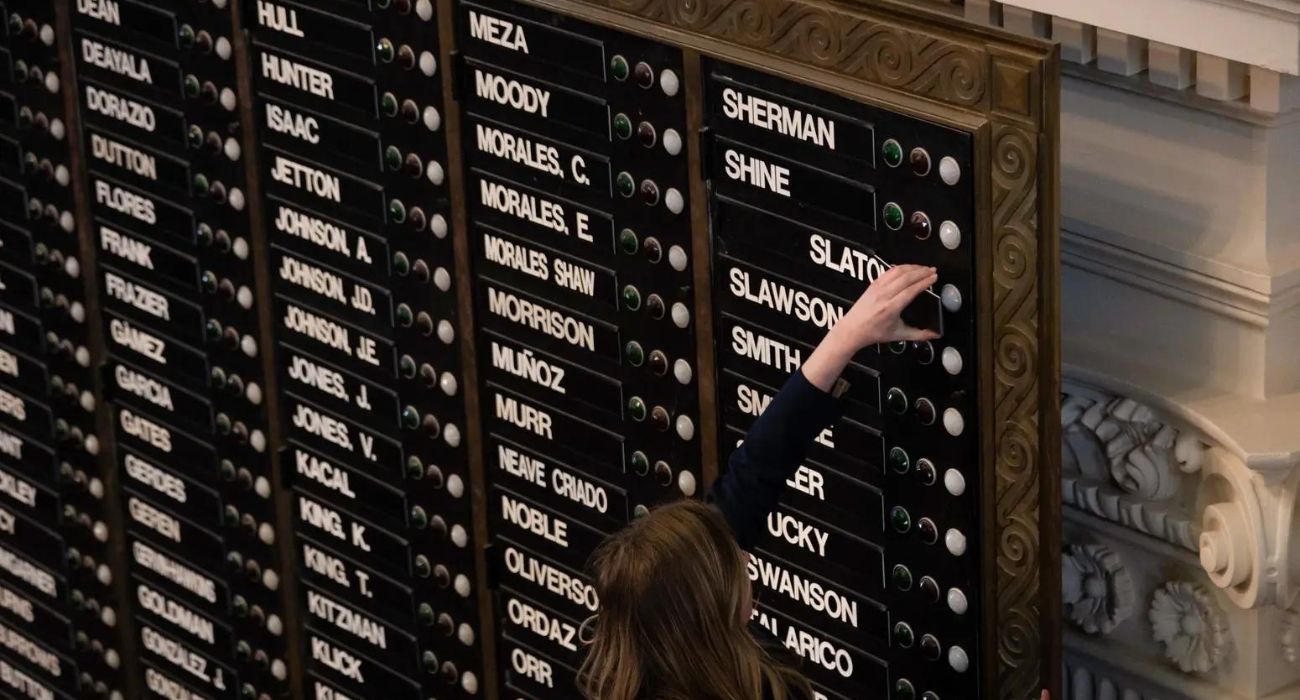The U.S. Supreme Court issued two decisions on Monday, June 13, affecting unlawful migrants in federal custody.
In Johnson v. Arteaga-Martinez, the Court unanimously held that unlawful migrants detained for six months based on their immigration status were not entitled to a bond hearing.
A previous Court ruling from 2001 maintained that federal laws implied a six-month time limit on detention for unlawful migrants if their deportation was not “reasonably foreseeable.”
The other case, Garland v. Aleman Gonzalez, was decided by a 6-3 majority, which ruled that federal district courts do not have jurisdiction over detained unlawful migrants’ requests for injunctive relief in class actions.
Unlawful migrants must now petition as individuals when in federal custody. No single lawyer or agent can represent a group of plaintiffs suing based on their shared immigration status.
Dale L. Wilcox, executive director of the Immigration Law Reform Institute, praised the rulings in a statement to The Epoch Times:
“The detention of removable aliens, whether they are illegal aliens or criminal aliens, is fundamentally different from detention as a sentence for a crime. The United States is not holding them prisoner against their will. Rather, it is allowing them to remain in the United States while they challenge their deportation in the courts, and setting the conditions for their remaining here. If they don’t like those conditions, they can always leave detention and return to their native land. We are pleased that the Court reached the right result here, and squelched these lawsuits.”
Matt Adams, legal director of the Northwest Immigrant Rights Project and the attorney who argued the Garland v. Aleman Gonzalez case, stated to the ACLU:
“The Supreme Court has turned its back on its prior interpretation of the statute, which required a custody determination after six months. To now find that the statute allows for indefinite detention is contrary to a fundamental principle upon which our system was founded — that government officials may not lock up a person without at least providing them their day in court to contest whether their confinement is justified. But we are not done, and will return to court to address the constitutional claim that must now be resolved.”
Adams will be returning to court on behalf of his client, Aleman Gonzalez, to litigate a constitutional challenge that has yet to make its way through the lower courts.






